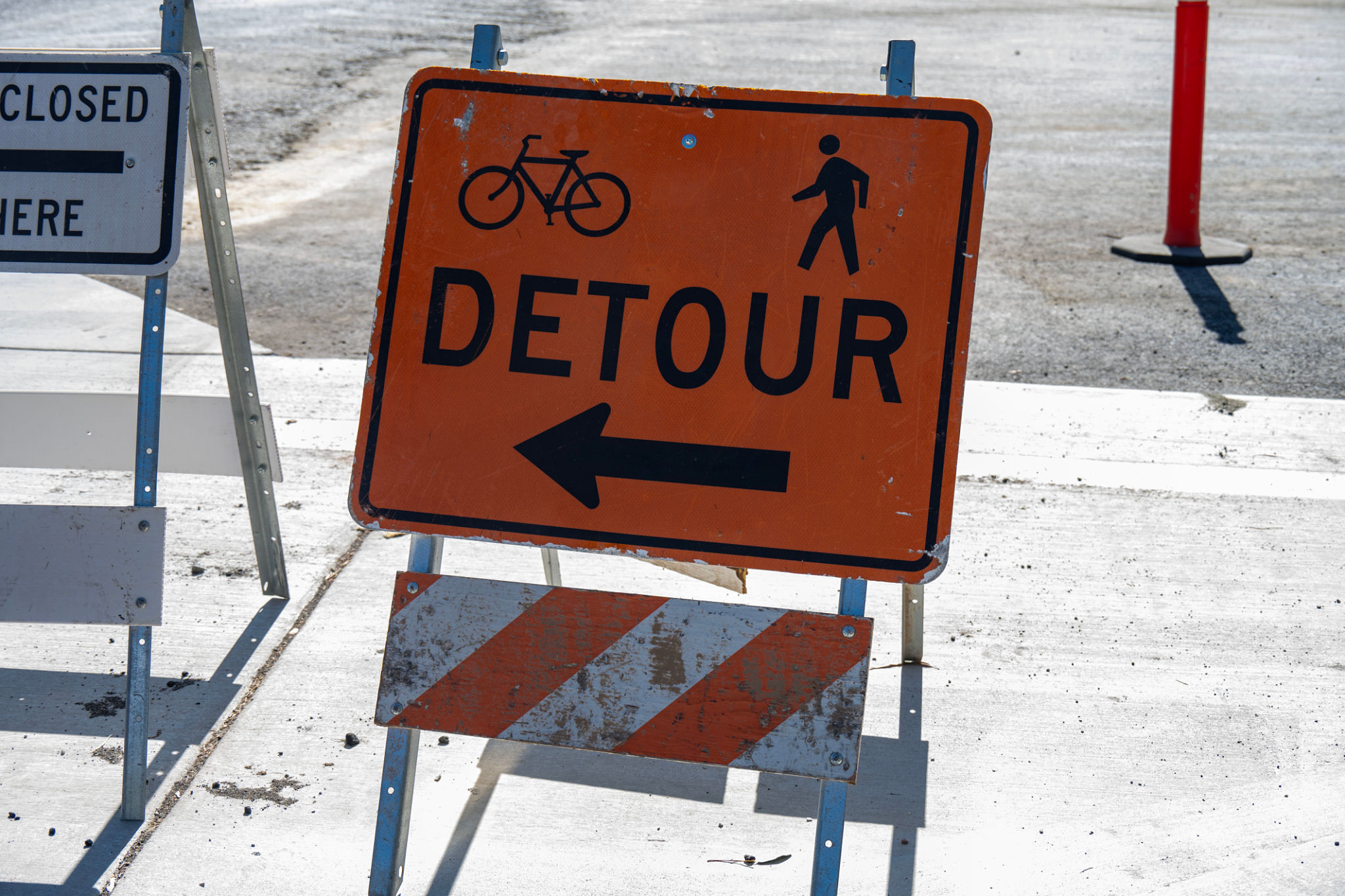Debunking Common Myths About Road Construction in Fiji
KT
Understanding the Timeline of Road Construction
One of the most common myths about road construction in Fiji is that it takes unnecessarily long. While it may seem like projects drag on, several factors contribute to the timeline. Weather conditions, material availability, and logistical challenges often play a significant role in extending the duration of construction. It's essential to understand that these delays are usually beyond the control of the construction teams.
Moreover, road construction involves numerous stages, including planning, design, and execution, each requiring meticulous attention to detail. This thorough process ensures that the roads are safe and durable. So, while the timeline may appear lengthy, it is crucial for ensuring quality infrastructure.

Addressing Cost Concerns
Another prevalent myth is that road construction is excessively expensive, often leading to public frustration. In reality, the costs associated with road construction are carefully calculated based on various factors, including materials, labor, and technology. Investing in quality materials and skilled labor is essential to build roads that will withstand the test of time and the elements.
Additionally, road construction projects often include unforeseen expenses due to natural events or changes in project scope. These adjustments are necessary to adapt to unexpected challenges and ensure the completion of a robust infrastructure.
Environmental Impact
Many people believe that road construction significantly harms the environment. While it's true that construction activities can disrupt local ecosystems, steps are taken to mitigate these effects. Environmental assessments are conducted before starting any project to minimize potential damage. Strategies such as reforestation, drainage management, and erosion control are implemented to protect the environment.

Furthermore, modern construction techniques are increasingly focused on sustainability. Using eco-friendly materials and technologies helps reduce the environmental footprint of road construction projects in Fiji.
Local Workforce and Expertise
There's a misconception that road construction in Fiji relies heavily on foreign expertise. However, this is not entirely true. Local engineers, architects, and construction workers play a significant role in these projects. The involvement of local expertise not only supports the economy but also ensures that projects are executed with an understanding of local conditions and needs.
Training programs and partnerships with international firms are also in place to enhance the skills of the local workforce, ensuring that they are equipped with the latest industry knowledge and practices.

Conclusion
Debunking these myths is crucial for appreciating the complexities of road construction in Fiji. By understanding the realities of timelines, costs, environmental considerations, and workforce involvement, the public can gain a more informed perspective on these essential infrastructure projects. With ongoing advancements in technology and techniques, road construction in Fiji continues to evolve, promising better and more sustainable outcomes for the future.
